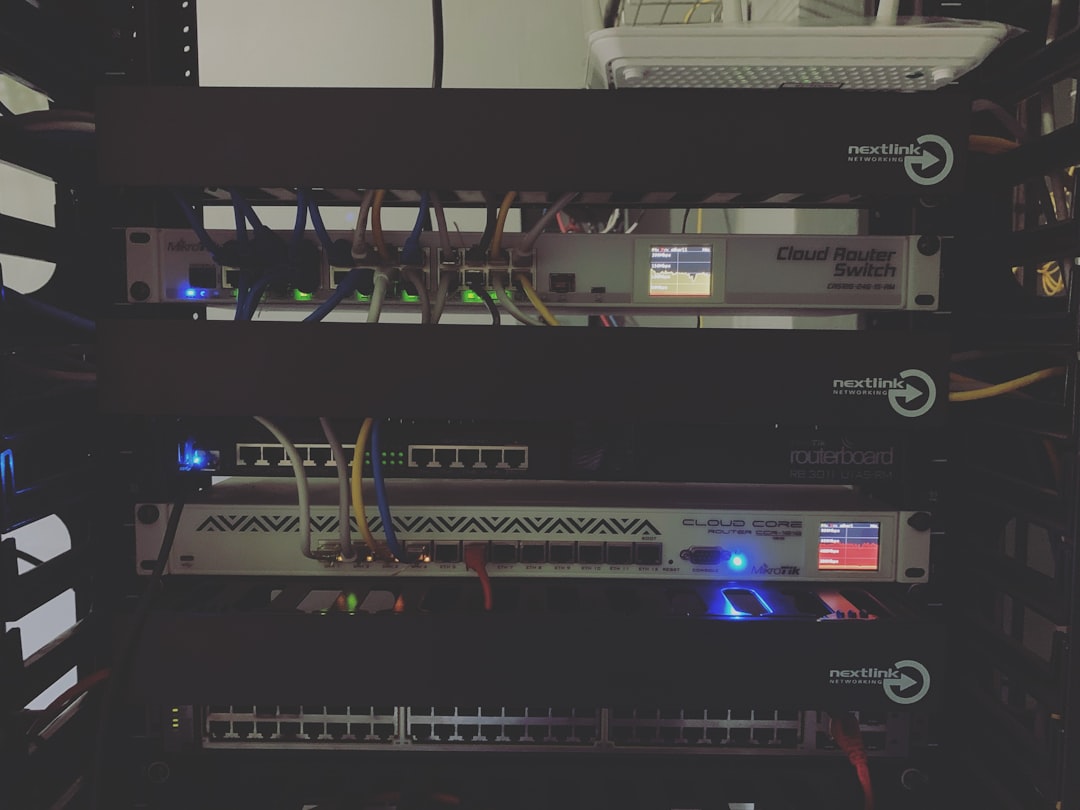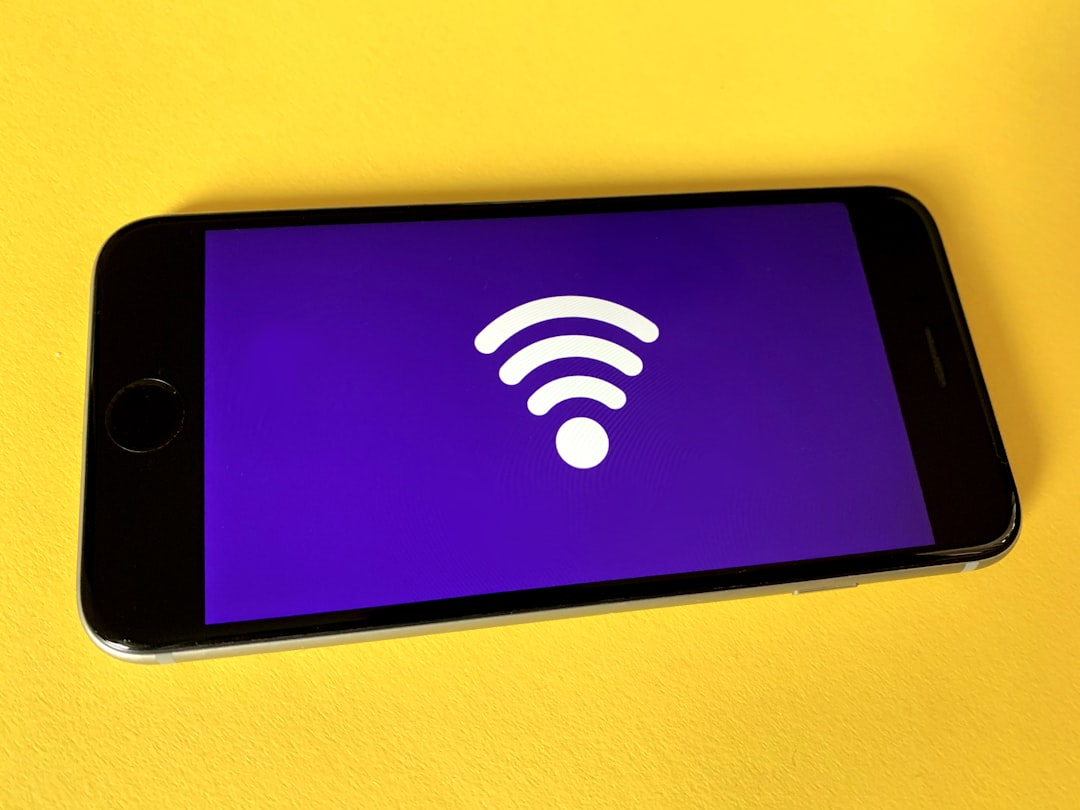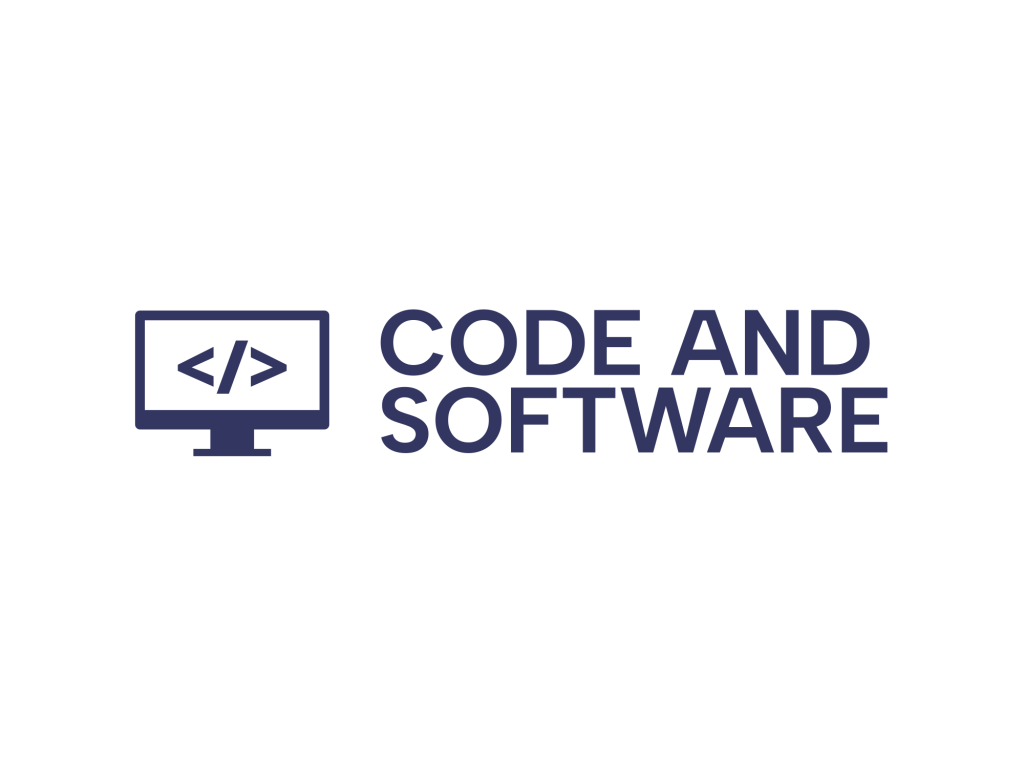Ever wondered how some people seem to slip through the internet without leaving a trace? They might be using something called a residential VPN. Sounds fancy, right? Don’t worry — we’re going to break it down and have some fun!
First things first. Let’s talk about what a VPN is. VPN stands for Virtual Private Network. It’s like a secret tunnel through the internet. When you use it, your data zooms through this tunnel, hidden from snoopers, spies, and curious cats.
But a residential VPN adds a special twist!
What Makes a Residential VPN Different?
Most VPNs use data center IP addresses. These are like badges that say, “Hey, I’m a VPN.” Websites spot them instantly.
But residential VPNs give you an IP address from a real home. It’s as if you’re browsing the internet from someone’s cozy living room!

Websites can’t easily tell you’re using a VPN because your traffic looks like it’s coming from a normal person, not a robot in a server farm.
How Does It Actually Work?
Great question! Let’s walk it through step by step.
- You sign up for a residential VPN service.
- You connect to their network through a fancy app or setup settings.
- Your internet connection is rerouted through a real residential IP.
- All your online activity now looks like it’s coming from that regular home address.
- You browse safely, privately, and unblocked!
That’s it! Well, mostly. Let’s go a bit deeper — but still fun and simple!
Why Would You Want One?
Residential VPNs are super helpful for a bunch of things:
- Streaming TV shows from other countries.
- Bypassing restrictions in places with heavy censorship.
- Avoiding CAPTCHAs all the time (those annoying “Are you a robot?” tests).
- Web scraping or collecting data without websites blocking you.
Pretty nifty, huh?
What’s Happening Behind the Scenes?
When you go online, your device sends a request to a website. Normally, the website sees your real IP address. That IP shows where you are and what internet provider you use.
But with a residential VPN, here’s what happens:
- Your device connects to a VPN server.
- That server sends your request using a residential IP.
- The website replies to that IP — not your real one!
- The VPN server sends it back to you, kind of like a secret messenger.

This whole process makes you WAY harder to track or block.
Is It Legal?
Yes, mostly! Using a VPN is totally legal in many countries. But how you use it matters. Breaking website rules or laws is still a no-no.
Think of a VPN like an invisibility cloak — cool, but don’t use it to sneak into forbidden places!
Are There Any Downsides?
Sure, no magic tool is perfect. Here are a few things to keep in mind:
- It can be a tad slower. All that rerouting takes time.
- It may cost more than regular VPNs.
- There’s some debate about how these IPs are sourced. Stick with trusted services!
How Do You Choose a Good Residential VPN?
Here are some quick tips:
- Look for real residential IPs (not fakes).
- Choose one with good reviews and clear policies.
- Make sure it offers strong encryption for safety.
- Bonus: 24/7 customer support is always nice!
There are some great services out there. Just don’t click the very first ad you see. Do a little digging!
Final Thoughts
A residential VPN is like having a secret identity online. It zips your data through safe tunnels and lets you wear the mask of a totally normal home user.
Whether you’re watching shows, staying private, or avoiding blocks, it’s a handy tool to have in your digital toolbox.
Surf smart. Stay private. And enjoy the magic of modern technology!


Leave a Reply